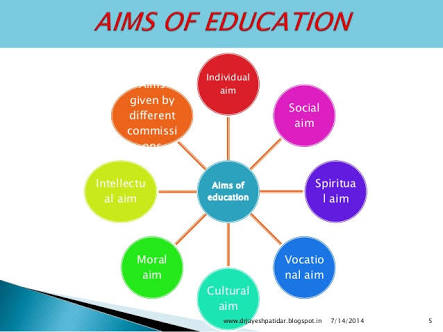
Educational agencies are the means to achieve some goal. The role and goal of agencies of education are the impart different types of education. An individual acquires knowledge and experiences through different ways. So these sources and ways of learning take place in different institution which exercise an educational influence on the child. So the agencies of education are called the chief communicating agents between individual and the goal of education.
According, to the role, educational agencies are two types- Active and Passive and according to their form they are of three types i.e. formal, informal and non-formal. These types of agencies are explained in the following ways.
(1) Active Agencies:
Active agencies are those where both educator and educed are active participants. The action and reactions are entertained. The school, home, family are considered as the active agencies of education. Learning is a two-way process. Interaction is lively.
(2) Passive agencies:
Passive agencies are those which influence the learners but they are not influenced in return. The teaching-learning process is one way. These create public opinion and public control. If the leaner is interested he may learn. Radio, TV, press, Library are the examples of passive agencies.
(3) Formal agencies:
Formal agencies are more or less deliberately set up by the society. It has specific objectives, curriculum, examination system, etc. These are formal because they are pre-planned. The place and time are fixed. School, college, university are the examples of formal agencies of education.
(4) Informal agencies:
There are agencies which grow up spontaneously and also dissolve in the same way. They observe no formalities. They indirectly impart education. If one is interested one can learn. They include family, society, playground, professional organizations, youth activity groups, etc.
(5) Non-formal agencies:
It is the recent concept used in India. It helps the formal agencies of education. Those who are not getting chance in formal agencies of education like schools, colleges and universities may go through the non-formal agencies of education. The programmes are meant for out of school youths, adults, and women. Correspondence course, Open University and adult education include in the non-formal agencies of education.


 National Policy on Education
National Policy on Education
